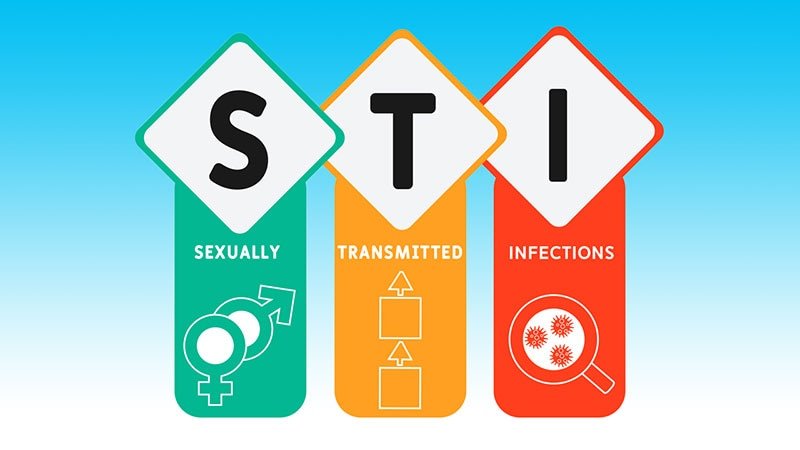Recent data from the Centers for Disease Control and Prevention (CDC) highlights a significant rise in rates of sexually transmitted infections (STIs) among individuals aged 55 and above over the past decade.
The CDC’s latest STI surveillance report unveiled a striking rise in cases among this age demographic between 2012 and 2022. Specifically, gonorrhea cases surged approximately fivefold, while instances of chlamydia tripled, and syphilis cases skyrocketed nearly sevenfold during this timeframe.
While the surge in STI rates among older adults is notable, overall diagnoses of gonorrhea, chlamydia, and syphilis have seen a substantial increase. Particularly concerning is the surge in syphilis rates, which spiked by nearly 80% between 2018 and 2022.
Dr. Jason Zucker, an infectious disease specialist and assistant professor at Columbia University Vagelos College of Physicians and Surgeons, emphasized that while young people have historically been disproportionately affected by STIs, the recent increase among older adults underscores the reality that STIs can impact individuals of any age who engage in sexual activity.
Factors Driving the Rise in STI Cases Among Older Adults
Several factors contribute to the surge in STIs among older adults. One significant factor is the trend of individuals maintaining better health and longevity, leading to continued sexual activity later in life. Additionally, advancements in medical treatments for conditions such as menopause-related vaginal dryness and erectile dysfunction enable older individuals to engage in sexual activity more comfortably than in the past.
However, compared to younger generations, older adults often lack adequate education regarding STI prevention and testing, according to Dr. Hugh Taylor, chair of OB/GYN at Yale School of Medicine. Additionally, physiological changes associated with aging, such as vaginal thinning and decreased cervical mucus, can increase susceptibility to infections.
Strategies to Address the Rise in STIs Among Older Adults
To combat the increase in STIs among older adults, experts advocate for enhanced education for healthcare professionals. This includes training providers who care for older adults to routinely inquire about sexual history, assess sexual health needs, and offer comprehensive sexual health services during regular appointments.
Furthermore, comprehensive sexual health services for older adults should encompass free distribution of condoms and lubricants, behavioral counseling, vaccinations, routine screenings, and preventative treatments such as doxycycline post-exposure prophylaxis (Doxy-PEP).




